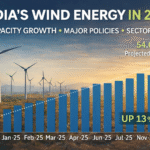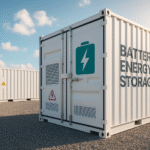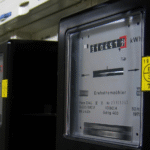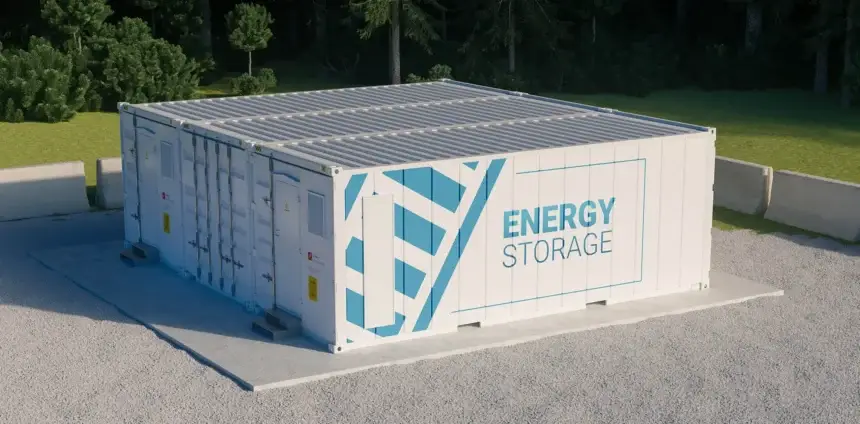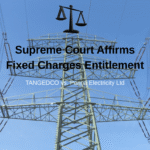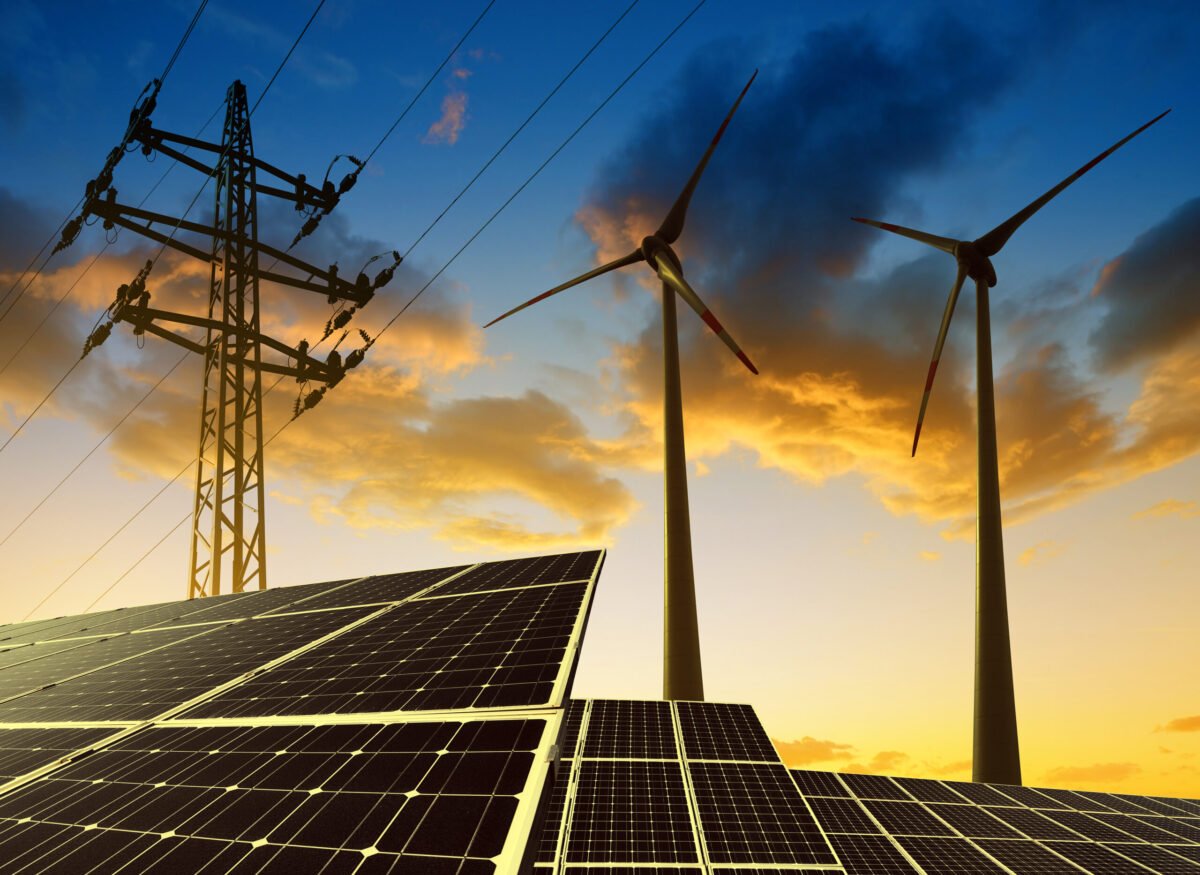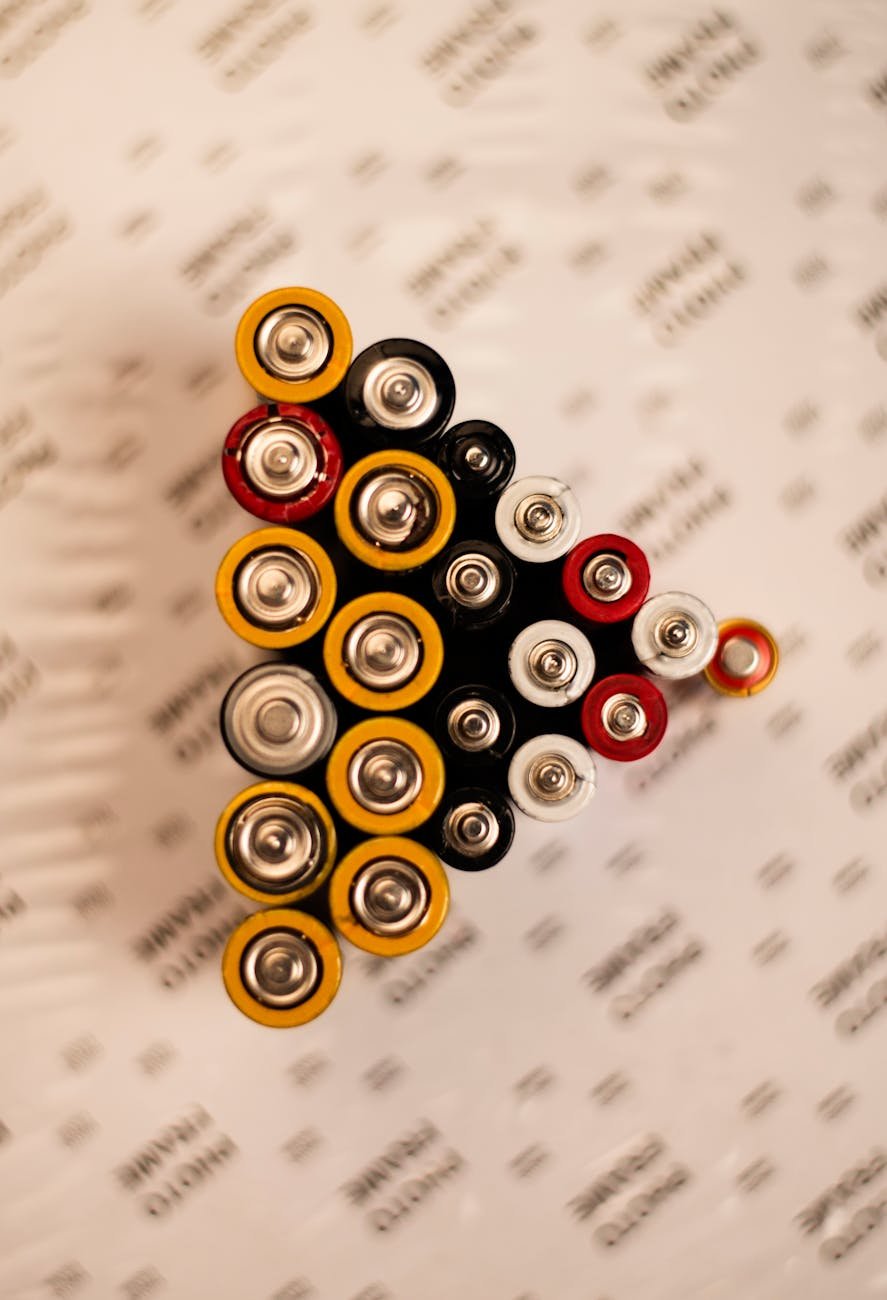Tamil Nadu, one of India’s leading states in renewable energy generation, has taken a major leap in its clean energy transition with the awarding of a 1,000 MWh Battery Energy Storage System (BESS) tender. Spearheaded by the Tamil Nadu Green Energy Corporation Ltd. (TNGECL), this tender marks a crucial step toward building grid flexibility and enhancing dispatchability from the state’s 19 GW renewable portfolio.
The tender was structured under a Build-Own-Operate (BOO) model for 12 years, and awarded to three firms after a competitive bidding process. These companies will design, install, own, and operate the BESS assets, and the power generated will be used to stabilize the grid during peak demand hours and intermittency caused by solar and wind power. Importantly, the projects benefit from Viability Gap Funding (VGF) under the central-state RE scheme. Developers may receive 30% of total capital costs or ₹2.7 million/MWh—whichever is lower—disbursed in tranches to smooth financing
| Company Name | Awarded Capacity (MW/MWh) | Bids/Tariff (Rs/MW/Month) | Substation Locations |
| NLC India Renewables Ltd | 250/500 | 248,000 | Ottapidaram, Anuppankulam, Kayathar |
| Bondada Engineering Ltd | 200/400 | 246,000 | Vellalaviduthi, Thennampatty |
| Oriana Power | 50/100 | 246,000 | Karaikudi |
| Total | 1,000 MWh |
Why This Matters
1. Grid Stabilization
Tamil Nadu currently has over 19 GW of installed renewable capacity, predominantly wind and solar. The addition of large-scale storage is essential to mitigate the mismatch between energy generation (often during off-peak hours) and consumption (typically during evening peaks).
The BESS installations will help:
- Absorb excess solar/wind energy during the day.
- Release power in the evening and night when demand spikes.
- Reduce curtailment of renewable energy.
- Improve frequency and voltage regulation across the network.
2. Alignment with National Targets
This development aligns with India’s ambition to install 50 GWh of BESS capacity by 2030, as announced under the National Framework for Energy Storage. Tamil Nadu, already a front-runner in wind power, is now cementing its leadership in clean energy by integrating cutting-edge storage systems.
3. Role of VGF in Making Storage Viable
Battery storage is capital-intensive, and the VGF support from the central government reduces upfront financial pressure on developers. VGF funding ensures:
- Risk reduction for early movers.
- Competitive tariffs for distribution companies.
- Faster scalability of BESS deployment.
4. Policy & Regulatory Support
Tamil Nadu has proactively introduced policies encouraging RE-plus-storage projects. The TN BESS Policy 2022 identifies key areas for BESS application, including:
- Renewable energy shifting.
- Ancillary services.
- Frequency regulation.
- Peak shaving and grid deferral.
Looking Ahead
The 1 GWh battery storage tender awarded by Tamil Nadu sets a benchmark for integrating storage with renewables in India. It not only bolsters grid reliability but also accelerates India’s path toward a 24×7 clean energy future. As demand grows and technology costs fall, such tenders could soon become the norm across energy-rich states.
This tender marks a pivotal shift in Tamil Nadu’s energy strategy—adding scale, stability, and sustainability to its renewable journey. With VGF-backed investments, state-level leadership, and integration with national targets, India is slowly laying the foundation for a flexible, storage-backed power system.
For deeper insights, read Cleantech Quest’s coverage of Rajasthan’s BESS milestone and Sembcorp’s hybrid solar-storage development.




